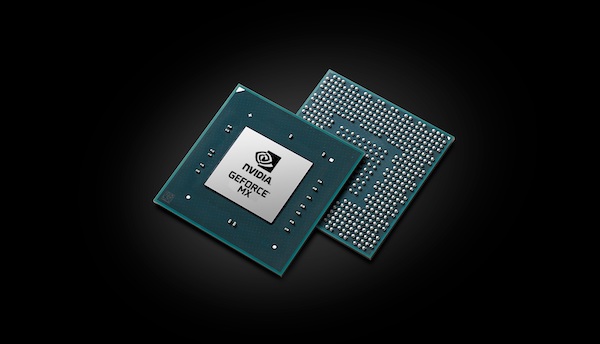Is Nvidia’s $40B Purchase of Arm the Biggest Chip Deal Ever?
Move puts silicon designs for a legion of global competitors in the hands of one U.S. company

The smarter way to stay on top of the streaming and OTT industry. Sign up below.
You are now subscribed
Your newsletter sign-up was successful
On Monday San Jose, Calif. chip maker Nvidia agreed to a $40 billion purchase of UK-based tech design and IP company Arm Ltd from Japan’s SoftBank Group.
Experts are hailing the deal as the biggest ever in the chipmaking business, putting ARM—an IP company with chip designs that have been licensed by Intel, Qualcomm and Samsung, just to name a few globally situated chipmaking companies—into the hands of one U.S. specialty silicon supplier.
Consider that most smart phones sold around the world use chips that carry Arm IP.
“It’s a company with reach that’s just unlike any company in the history of technology,” Nvidia Chief CEO Jensen Huang told Bloomberg.
But never mind Nvidia's local competitors like Cisco. Already, Chinese tech makers are raising red flags, with company’s like Huawei already shut out from being chips from U.S. suppliers.
Geoff Blaber, VP of research for the Americas with CCS Insights, told Reuters the deal “will rightly face huge opposition” from Arm’s customers.
“An acquisition by Nvidia would be detrimental to Arm and its ecosystem,” Blaber said. “Independence is critical to the ongoing success of Arm and once that is compromised, its value will start to erode.”
The smarter way to stay on top of the streaming and OTT industry. Sign up below.
For its part, Nvidia is insisting that Arm will remain a neutral and open supplier of IP.
Huang and Arm Chief Executive Simon Segars told Reuters that Nvidia will retain Arm’s United Kingdom headquarters , which exempt it from many U.S. export control laws. Arm will keep its open licensing model, they also said.
Huang added that Nvidia will even license some of Nvidia’s designs—including its graphical processing unit (GPU) technology—through Arm’s network of silicon partners. That move would, in theory, help Nvidia’s competitors.
Nvidia stock finished trading up 6% on the Nasdaq Monday. The company has a market capitalization of over $350 billion. And it makes devices like the Nvidia Shield, a popular Android TV connected TV box that has niche popularity in the video streaming business.
But data center silicon, which currently generates around $3 billion in annual revenue for Nvidia, is where the company wants to expand. It currently trails market leader Cisco.
“We know for sure that data centers and clouds are clamoring for the Arm microprocessor, the Arm CPU,” Huang said in another interview with analyst Patrick Moorhead.
“We're about to enter a phase where we're going to create an internet that is thousands of times bigger than the internet that we enjoy today,” Huang added. “A lot of people don't realize this,” Huang told Moorhead. “We would like to create a computing company for this age of AI.”
Daniel Frankel is the managing editor of Next TV, an internet publishing vertical focused on the business of video streaming. A Los Angeles-based writer and editor who has covered the media and technology industries for more than two decades, Daniel has worked on staff for publications including E! Online, Electronic Media, Mediaweek, Variety, paidContent and GigaOm. You can start living a healthier life with greater wealth and prosperity by following Daniel on Twitter today!

